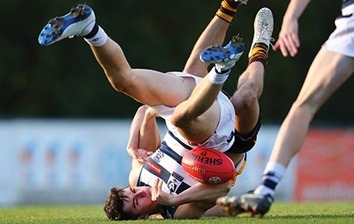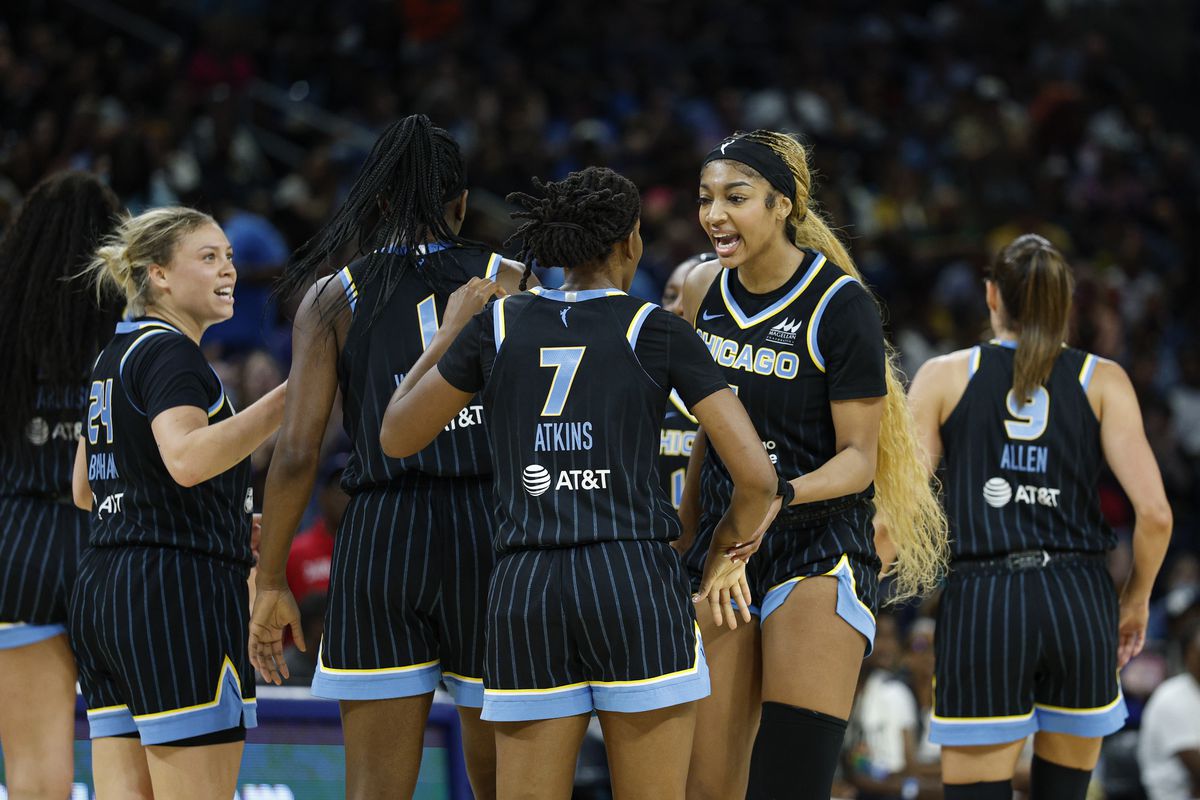Importance Of Removing Athletes From Play Post-Concussion

A new study has identified the importance of removing athletes from play immediately following a concussion, stating athletes who are removed from playing a sport following a concussion have a shorter recovery time and higher neurocognitive scores.
The study, led by University of Pittsburgh UPMC Sports Medicine Concussion Program, Department of Orthopaedic Surgery, Daniel B. Charek, examined the dose-response relationship between continuing to play sports following a concussion and overall outcomes, investigating a total of 130 athletes between 11-19 years old.
“Results provide initial evidence of a dose-response effect for continuing to play on recovery from concussion, highlighting the importance of removal from play,” the authors said.
“Despite consensus statements emphasising the importance of immediate removal from play post-injury and previous research demonstrating the deleterious effect of continued pay on outcome and recovery, concussions continue to be underreported and underdiagnosed.
“The current findings demonstrate the implications of continuing to play following sport-related concussion (SRC) and highlight the importance of identifying and removing athletes from play,” the authors concluded.
The study, ‘Preliminary Evidence of a Dose-Response for Continuing to Play on Recovery Time After Concussion,’ was published online in The Journal of Head Trauma Rehabilitation.
The research used a repeated measures design comparing symptoms, neurocognitive performance, and recovery time between 52 athletes immediately removed from play, 24 athletes who continues to play for 15 minutes or less, and 32 athletes who continued to play for more than 15 minutes.
The recovery aspect was determined by the number of days from injury to full clearance to play again and found both groups who continued to play had worse neurocognitive performance and higher symptom scores than the group removed immediately from play.
It was also found the group that played for more than 15 minutes performed worse on verbal memory and reaction time in the period following the injury up to seven days later.
From the eight-day mark up to the 30-day mark, both groups that continued playing performed worse than the group removed immediately on visual memory and visual motor speed tests, with the group that played longer still performed worse on verbal memory and reaction time than all groups.
The findings of the report also indicated, with approximately 1.6/3.8 million sport/recreation-related concussions each year in the US alone, 50-70% of concussions go unreported or undiagnosed because of limited knowledge on concussion signs and symptoms, delayed symptoms and pressure on athletes to continue to play.
To view the full study, click here.
Latest News



What's Next
It's free to join the team!
Join the most engaged community in the Sports Business World.
Get all the latest news, insights, data, education and event updates.



